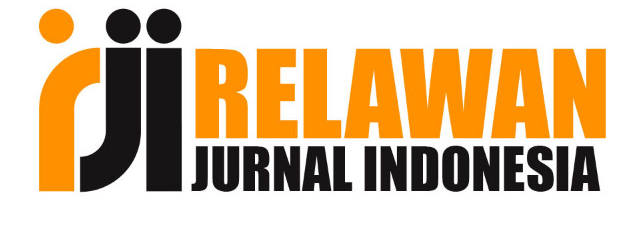Strategi Inovasi Sablon Shift Untuk Meningkatkan Daya Saing Pasca Covid-19 Di Industri Sablon Kaos
DOI:
https://doi.org/10.36982/jiegmk.v14i1.3127Abstrak
Screen Printing Shift Nganjuk is an industry engaged in screen printing and printing services which was founded in 2016. Screen Printing Shift Nganjuk is now competing for business profits through one of the superior products found in the business or has its own uniqueness from a business that makes the screen printing industry in Nganjuk Regency has great potential to be developed in the development of its potential. the obstacle faced by Sablon Shift Nganjuk and at the same time the weakness of an industry is the lack of market information and the need for new innovations to gain new market share. The purpose of this study is to find out SWOT analysis to improve new innovation strategies that can be applied to Nganjuk Shift Screen Printing to be developed in the t-shirt screen printing industry, as well as to find out the implementation of the 4P marketing mix strategy that can help Nganjuk Shift Screen Printing in increasing competitiveness in the t-shirt screen printing industry. . Data was collected through interviews with informants who had been selected by the researcher. The results of this research are expected to be one of the references and inputs for developing innovation strategies and marketing strategies in order to increase sales after the Covid-19 pandemic. Innovation strategies to increase competitiveness in Screen Printing Shift can be carried out through new innovations in SWOT analysis and marketing mix. By creating new innovations, it is hoped that it can help increase competitiveness after COVID-19.
Keywords: SWOT, Marketing Mix, Innovation, Marketing
Unduhan
Diterbitkan
Cara Mengutip
Terbitan
Bagian
Lisensi
Hak Cipta (c) 2023 Rino Sardanto, Dani Rahman

Artikel ini berlisensiCreative Commons Attribution-ShareAlike 4.0 International License.
Authors retain copyright and grant the journal right of first publication with the work simultaneously licensed under a Creative Commons Attribution License that allows others to share the work with an acknowledgement of the work's authorship and initial publication in this journal.
Â
Authors are permitted and encouraged to post their work online (e.g., in institutional repositories or on their website) prior to and during the submission process, as it can lead to productive exchanges, as well as earlier and greater citation of published work.
Â
LP2M Indo Global Mandiri University has the right to multiply and distribute the article and every author is not allowed to publish the same article that has been published in this journal.










